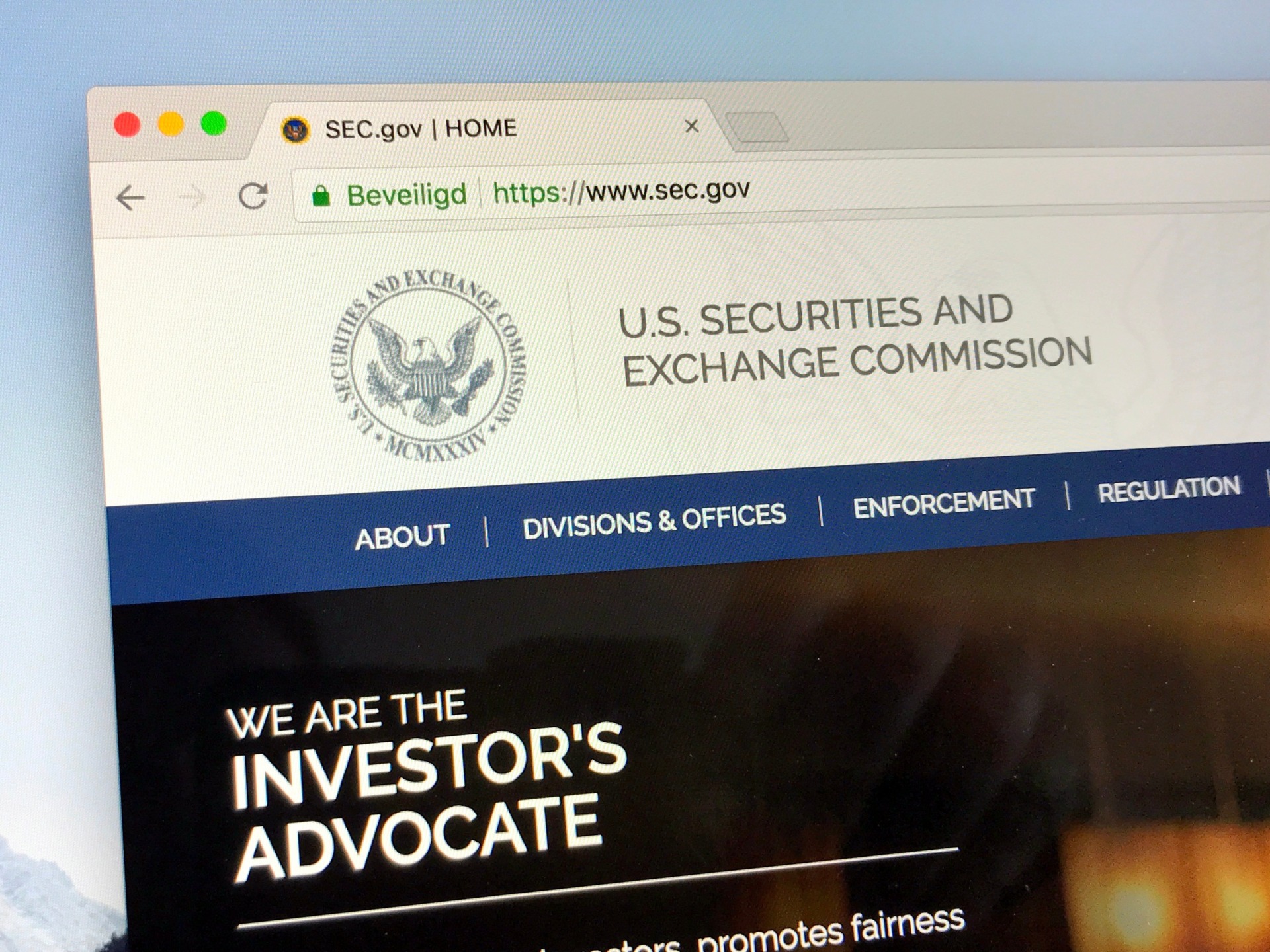SEC Files Appeal in Ripple Case Amid Controversy Over Allegedly Missed Deadline
- The SEC has filed its appeal in the Ripple case, focusing on XRP’s programmatic sales and executive conduct.
- Controversy arose over whether the filing was timely, with accusations of the SEC missing the deadline.
- The appeal scrutinises both Ripple executives’ personal XRP sales and the company’s distribution methods.
- Notably, the SEC is not contesting the US$125 million penalty or the decision denying disgorgement.
The US Securities and Exchange Commission (SEC) has now filed its required paperwork in the ongoing legal battle with Ripple. However, it did not come without controversy, as many believed the submission would be late and the case could be dismissed.
The appeal will address Ripple’s programmatic sales of its cryptocurrency, XRP, on various digital asset trading platforms.
Related: On the Radar – Coins to Watch: OM and BONK
Additionally, the SEC is challenging the actions of Ripple executives Brad Garlinghouse and Chris Larsen, alleging that they aided and abetted these sales. The appeal will also scrutinise the personal sales of XRP by Garlinghouse and Larsen, as well as Ripple’s distribution practices of XRP to employees and others.
Notably, the SEC is not appealing the US$125 million (AU$186 million) monetary penalty nor the decision by Judge Torres to deny disgorgement in the case.
The SEC also doesn’t seem to challenge the status of XRP, the issue now is more about the way XRP was sold.
The reasons for the SEC’s appeal are unsurprising to those familiar with the case; retired securities lawyer Marc Fagel commented that the appeal was exactly as expected:
As reported earlier, the SEC had filed a note of appeal to a ruling by Judge Analisa Torres from August.
The filing from 2 October 2024 gave the agency 14 days to complete and return a document called Form C. This ‘Civil Appeal Pre-Argument Statement’ for the United States Court of Appeals for the Second Circuit, is used during the pre-argument phase of an appeal in the Second Circuit.
Related: Radiant Capital Suffers Second Exploit in 2024, Takes $50 Million Hit
Filing Date Creates Controversy
Some commentators on X interpreted the initial filing date as the start of the 14-day period, suggesting that the SEC might be late, which could have potentially led to the denial of the appeal.
Ripple CEO Brad Garlinghouse commented on the apparent delay (and SEC comments that things are proceeding as planned) accusing the SEC of making up its own rules:
Proceeding normally for an agency that makes up their own rules as they go!

 Brad Garlinghouse, Ripple CEO
Brad Garlinghouse, Ripple CEO In the end, it all comes down to a technicality: Was the due date 14 days after filing or after the document was docketed?
Although the SEC has now filed the document, many online are not convinced that the SEC did so in time, accusing the agency of backdating. Fagel explained that ultimately, it’s likely not making any difference.


0 Comment